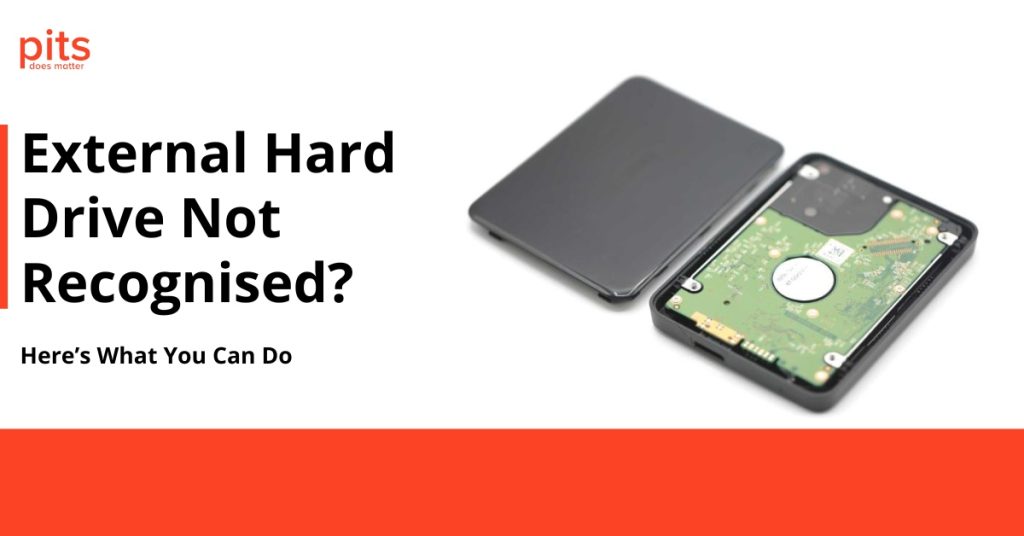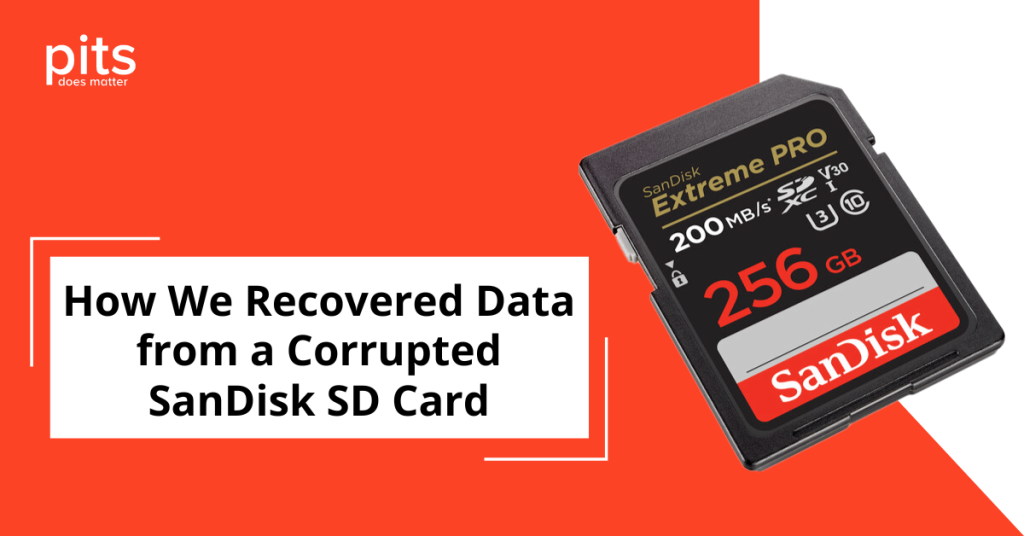When you hear a hard drive making a “click of death,” it’s usually a sign of mechanical failure. Ignoring a clicking hard drive noise could lead to total data loss. But there’s a solution.
Understanding the hard drive clicking sound becomes crucial when you encounter this situation. Explore common issues your hard drive might face to address the clicking noise promptly. Identifying the underlying cause is essential to assess the situation and implement necessary measures.
Understanding Hard Drive Clicking
While there are several reasons for hard drive clicking, the most common ones include physical damage, insufficient power supply, a faulty or misaligned read/write head, or external factors like dust or particles interfering with the hard drive’s internal components. Each of these issues requires a unique technique for resolution. It’s essential to approach the problem methodically, avoiding further damage that could result in irreversible data loss. Common Causes of Hard Disk Clicking Noise:
Physical Damage
Physical damage to your hard disk drive can cause the clicking noise. This could be due to mishandling, dropping, or exposing the drive to extreme temperatures. In such a scenario, data recovery might not be possible. The best action is to stop using the hard drive immediately and seek professional help.
The best action is to stop using the hard drive immediately and seek professional help.
Relying on the extent of damage, you can salvage some data. However, this is a delicate process that requires specialised equipment and expertise.
Attempting to retrieve data at home could cause additional damage and lower the chances of successful recovery.
Insufficient Power Supply
A clicking hard drive noise can sometimes occur due to an insufficient power supply. Ensure that your computer’s power supply unit (PSU) provides enough power to the hard drive. If you’re using an external hard drive, ensure it’s properly connected and receiving sufficient energy from the outlet.
If the issue persists, try utilise a different cable or connecting the hard drive to a different computer to rule out potential problems with your current setup.
Faulty Read/Write Head
The read/write head is responsible for reading and writing data on the hard disk. If it becomes misaligned or damaged, it can cause an HDD-clicking noise. In such cases, professional assistance is necessary to repair the read/write head and retrieve data.
Preventing the Hard Drive Click of Death
Preventing the “click of death” mainly involves maintaining your hard drive in good condition and being mindful of the environment in which it operates. Here are several strategies to help prevent clicking hard disk drive issues:
Regular Maintenance and Care
- Keep your computer in a stable, secure location where it is unlikely to be knocked over, bumped, or subjected to vibration, which can damage a hard drive.
- Maintain a clean environment to minimiSe dust and debris that can enter and damage the hard drive components. Use dust covers when the computer is not in use, and clean the internal components of your computer regularly using compressed air.

Adequate Power Supply
- Ensure your power supply unit (PSU) is high quality and provides consistent power to all components, including the hard drive. A fluctuating or insufficient power supply can cause the hard drive to malfunction.
- Use a surge protector to rescue your computer and hard drive from power surges, which can cause physical damage to the hard drive and lead to a clicking noise.
Regular Backups and Software Checks
- Conduct frequent backups to ensure data is secure, reducing the risk and impact of hard drive failure.
- Use software tools to monitor the health and performance of your hard drive regularly. Early detection of potential issues can prevent damage before it leads to the click of death.
- Update your computer’s operating system and drivers regularly to ensure optimal performance and compatibility, reducing the stress on your hard drive.
Recovering Files from Clicking Hard Drives
If your hard drive emits a clicking noise, there’s still a chance to salvage a significant portion of your data. However, the success rate depends on several factors, including the extent of damage and the promptness of seeking professional help.
Attempting to retrieve data at home could cause additional damage and reduce the possibility of successful recovery. It’s crucial to seek professional help as soon as possible to improve the chances of retrieving your valuable data.
Our team is equipped to handle various hard drive issues and has a high success rate in recovering data from clicking hard drives.

Don’t let a clicking hard drive noise cause you to lose valuable data. Contact us today for professional and reliable data recovery services. Remember, the sooner you seek help, the better your chance of retrieving important files. With years of experience in the field, our professionals are well-versed in handling various hard drive issues, including the dreaded “click of death.” Trust our Hard Drive Data Recovery services to give you peace of mind and a high chance of recovering your precious data.
FAQ about Hard Drive Clicking Sounds
Why does my hard drive make a clicking noise?
Hard drives can emit a clicking sound for various reasons, including mechanical failure of the read/write head, insufficient power supply, damage from physical shock, or external factors like dust and debris.
Is a clicking hard drive recoverable?
In many cases, data on clicking hard drives can still be retrieved by professional data recovery services. The success rate often depends on the severity of the damage and how quickly the drive is assessed and treated.
Can I prevent my hard drive from clicking?
While not all hard drive issues can be prevented, regular maintenance, ensuring a stable power supply, and keeping your hard drive in a clean, controlled environment can significantly reduce the risk.
Should I repair a clicking hard drive myself?
Trying to repair a clicking hard drive yourself can lead to extra damage and potentially make your data irrecoverable. It’s advisable to seek professional help.
How much does it cost to retrieve data from a clicking hard drive?
The data recovery cost can vary widely based on the severity of damage, type of hard drive, and amount of data to be retrieved. It’s best to consult with a data recovery professional for an estimate.
How can I tell if my hard drive is about to fail and start clicking?
Early signs of hard drive failure include slow performance, frequent crashes, and unusual noises such as grinding or squeaking. It’s essential to back up your data regularly and seek professional help if you suspect any problems with your hard drive.


